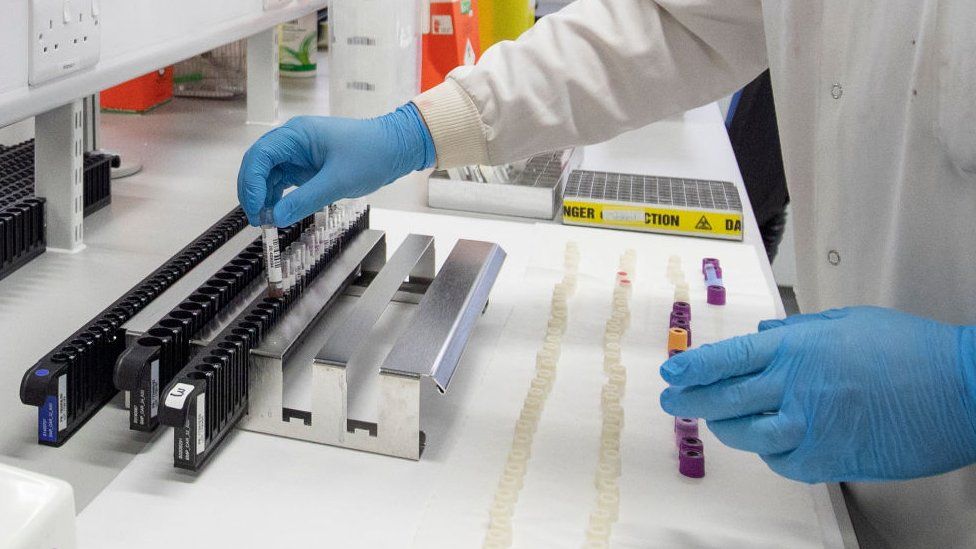US Workers Enticed With Bonuses, Time Off To Get COVID-19 Vaccine
As Covid-19 vaccination drives get into gear across the United States, some businesses are offering transportation, paid time off and bonuses of up to $500 to encourage workers to get the jab.
Labor-intensive industries like slaughterhouses, supermarkets, and farms, whose workers are at higher risk of contracting the virus, have taken the lead, with several large grocery chains offering two to four hours of paid leave time for employees to get vaccinated.
“Providing accommodations so employees can receive this critical vaccine is one more way we can support them and eliminate the need to choose between earning their wages and protecting their well-being,” Jason Hart, CEO of supermarket chain Aldi, said in January.
Others have taken advantage of Centers for Disease Control and Prevention regulations that allow them to set up their own vaccination centers.
California-based Bolthouse Farms, which sells carrots, smoothies, and juices, holds weekly immunization sessions at its main site and pays $500 to all full-time employees who accept the shot.
Meat giant JBS is offering $100 to vaccinated employees and has distributed materials in several languages to emphasize the safety and effectiveness of immunization.
By mid-March, about a third of its 60,000 employees had received a first dose.
Retail chain Target will pay workers up to $30 in transportation costs related to getting a vaccine. Kroger, the largest grocery chain in the country, offers $100 to those who are vaccinated, and also to staff who refuse to take the shot for medical or religious reasons, as long as they take a health education class. Companies in the gig economy are making similar offers. Grocery delivery platform Instacart is offering $25 to its shoppers, who are not employees.
Other industries have taken a more forceful approach. United Airlines Chief Executive Scott Kirby in January mentioned possibly making the vaccine required for pilots, crew, and other employees.
“We are still not at the point where we can make the vaccine mandatory and are still working through the eligibility issues between each state and vaccine supply,” a company spokesman told AFP.
Dorit Reiss, a professor at the University of California, Hastings College of the Law, said companies can mandate that employees get vaccinated, “with caveats.”
“Covid-19 vaccines are authorized under an emergency use authorization, not approved in the usual way, and there is legal uncertainty,” Reiss said.
At the same time, companies could face lawsuits if an outbreak occurs in their workplace. Some workers may however turn down getting vaccinated, while unions may want to negotiate with management over the jabs. Reiss said that it would be appropriate for companies operating in environments particularly vulnerable to outbreaks, like nursing homes or prisons, to mandate the vaccine.
Most other companies are probably better off offering “incentives or a soft mandate,” like requiring people who don’t get vaccinated to wear protective equipment like masks or telecommute.





